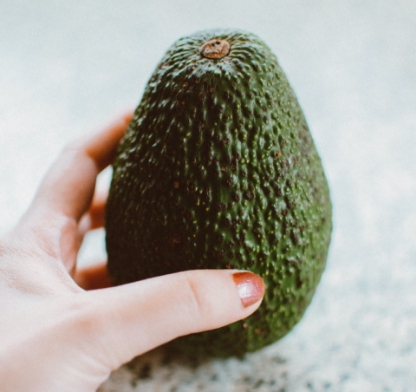Hot flashes are sudden, warm feelings that traditionally occur in the upper body – most notably across the face, neck, and chest. Although medical conditions can cause them, these experiences are normally caused by the menopause, the time when menstrual periods become more irregular and eventually stop. We sat down with our skin health experts to understand how you can support hot flushes and calm the symptoms during the menopause.
Our go-to nutritional tips
In general, diet can play a positive impact on the symptoms of menopause, including hot flushes. Our skin researchers recommend these 5 top tips to support your body as your hormones fluctuate.
1. Consume omega 3 fatty acids
Healthy fats such as omega-3 fatty acids may benefit women experiencing menopause symptoms. A review study in 483 menopausal women concluded that omega-3 supplements decreased the frequency of hot flushes and the severity of night sweats. If you’re unsure where to start – foods such as salmon, mackerel, anchovies, sardines, herring, flax seeds, chia seeds and walnuts are all excellent sources of omega 3.
2. Eat an anti-inflammatory diet
Choose nutrient dense foods rich in vegetables, fruits, spices, herbs, nuts, and seeds as well as healthy fats such as avocado, olive oil, coconut oil and good sources of protein such as grass-fed meat.

3. Reduce your caffeine, alcohol, and chocolate
Caffeine, alcohol, chocolate are all known to aggravate hot flushes and night sweats. Alongside this, drinking alcohol increases the risk of disturbed sleep. Red wine is also seen as one of the most common triggers of hot flushes. A survey conducted with 293 women aged 45-55 years old who drank alcohol daily were more likely to report hot flushes and night sweats.
4. Remove pro-inflammatory foods
These are foods which can all lead to inflammation, such as sugar, refined carbohydrates, processed foods, deep fried foods can all lead to inflammation and exacerbate menopausal symptoms.
5. Prioritise good hydration
Good levels of hydration ensure that all the systems in the body work efficiently, especially the detoxification system. Mental clarity, joint and muscle health also depend on good levels of hydration.

The lifestyle tips you need to know
6. Exercise regularly
It’s key to stay active when going through the menopause – exercise is known to boost your mood, support anxiety and can even help improve your sleep.
7. Keep cool
Keep cool and dress in layers that you can easily take off and put on.
8. Manage stress levels
Yoga, meditation and breathwork are all relaxing activities that can help manage stress levels.

